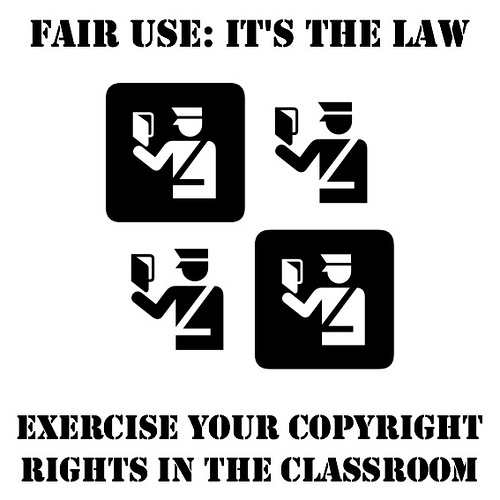Copyright and the Doctrine of Fair Use
- Jacquelene Mwangi |
- November 4, 2015 |
- CIPIT Insights,
- Copyright
‘While I shall think myself bound to secure every man in the enjoyment of his copyright, one must not put manacles upon science.’ – Lord Ellenborough in Carl v Kearsley (1802)
The US Court of Appeals for the second circuit has once again come in support of the concept of fair use in the case of Authors Guild v Google Inc. A brief of the facts is that the plaintiffs filed suit against Google alleging copyright infringement after Google Inc. scanned copies of their copyright protected books thereby creating digital copies and a search functionality through which snippets from those books could be viewed by the public.
The court cited various reasons for its decision among them that the unauthorized copying was highly transformative and could not constitute a market substitute for the published books. This blogger has noted a number of factors from the court’s decision:
- That the essence of copyright is to expand public knowledge by giving authors control over the use of their works and creating an incentive for more authorship through which the public can continue to be intellectually enriched.
- That unauthorized copying of copyright protected works is allowed when the use of the works is transformative i.e. that the use expands the utility of the original works. With reference to this case, Google books expands the utility of published books by enabling the public to easily find books beneficial to their study and know where to purchase them.
- That the more transformative the new work, the less will be the significance of other factors such as commercialism that may weigh against a finding of fair use. In this case, Authors Guild argued that Google Inc. was a profit making entity which was out to increase its market with the Google Books feature. The court however considered the utility of the Google Books feature which expands public knowledge without providing a substantial substitute of the original works.
- That copyright seeks to primarily benefit the public!!
Moving closer home, the Copyright Act, 2001, undoubtedly allows the unauthorized copying of copyright protected works for specified purposes under the doctrine of fair dealing as opposed to the fair use doctrine of American law. The exceptions to copyright infringement which may be relied on by a defendant in a copyright infringement suit are found in Section 26 of the Act and include the use of copyrighted works for: scientific research, private use, criticism or review and reporting of current events subject to acknowledgment of the source.
Unlike the American concept of fair use which involves consideration on a case by case basis, fair dealing under the Copyright Act is strictly interpreted in terms of the specified uses outlined by the Act. Therefore, in determining whether a defendant’s use of a work amounts to fair dealing, Kenyan courts will consider the following: Is the work amenable to copyright protection in Kenya? If yes, is the use of the work among the specified uses listed under section 26? Courts will also consider whether the use of the work is fair, which is a question that requires an interpretation of all circumstances surrounding the case. See the case of Margaret Ogola & 3 others v David Aduda & Another.
Well there you have it… unauthorized copying is allowed! Just as long as it’s in compliance with Section 26 of the Copyright Act. We can also keep drawing from the benefits and convenience of finding relevant books on Google! It has previously been said (at least in my circles) that what you can’t find, Google will find for you!

